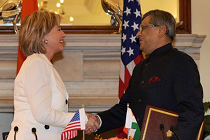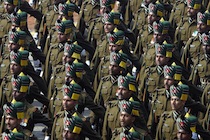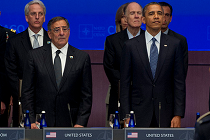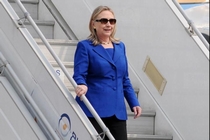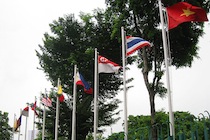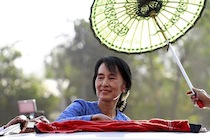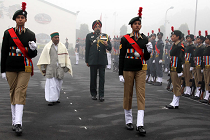India-U.S.: More equal partners
The setting for the third Indo-U.S. Strategic Dialogue is promising: a global shift of economic weight to Asia, U.S. military exhaustion and indebtedness to China and other factors call for a greater convergence in Indo-U.S. interests than ever before. It is essential then, to take bold decisions at the dialogue.

